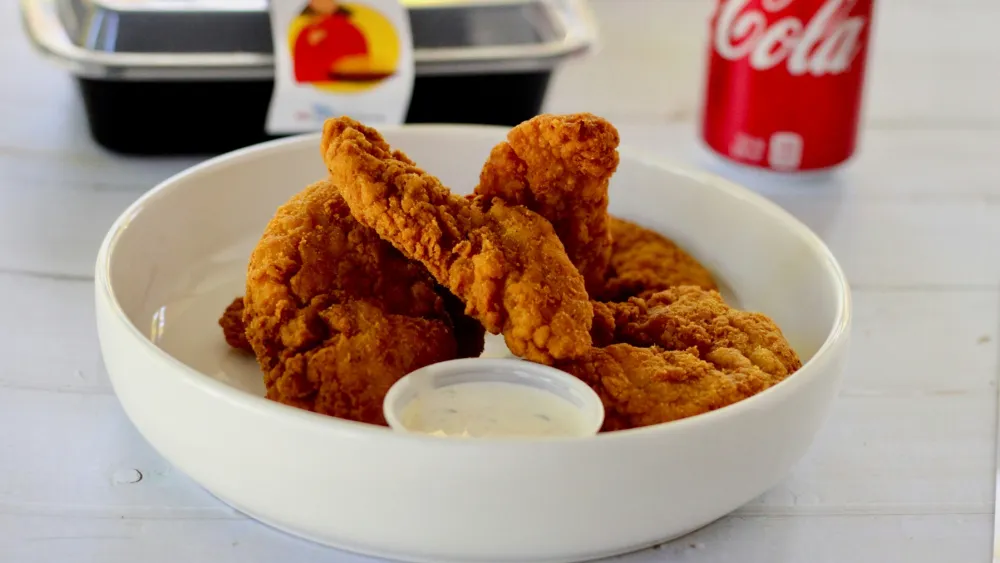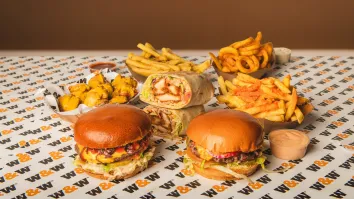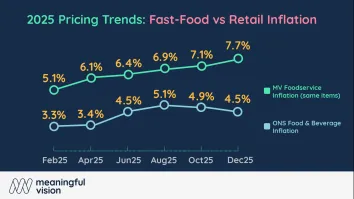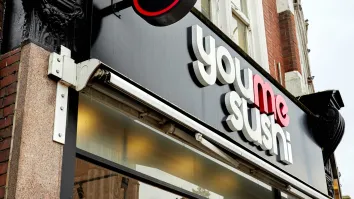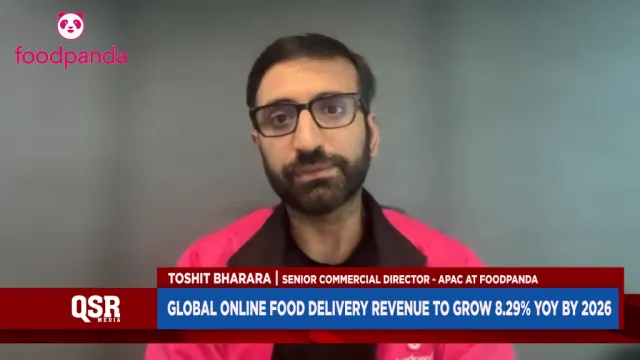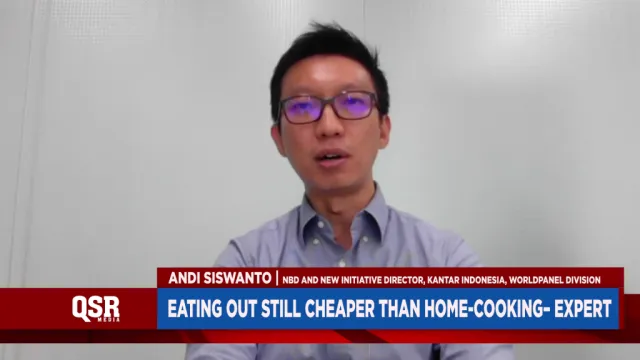
Why 'hermit consumers' are holding back foodservice industry revival
There are three things operators can do to attract these new consumers.
A new type of consumer called the ‘hermit consumer’ who are focused more in staying in than going out could spell complications for the recovery of the foodservice industry, a report by research firm GlobalData revealed.
According to the data and analytics company, the global foodservice industry has not returned to any kind of pre-pandemic normalcy during 2023. Value sales have increased just 3% since 2019 with overall transactions down 3% over the same period. Revenue from dine-in sales is down 12% compared to 2019 whilst notably revenue from takeaways is up 46%.
“The idea of a post-pandemic recovery for the foodservice industry assumes that 2020 to 2021 was a blip – an exogenous, once-in-a-lifetime event which would halt progress for a year or two before normal trends and consumer behaviour resumed. However, during that period something changed. We have changed. People are still spending, and still consuming, but in a radically different way. This new type of consumer has been termed the “hermit consumer” giving rise to the “hermit economy”,” Fred Diamond, Senior Food Consultant Consumer Custom Solutions at GlobalData, said.
GlobalData said the hermit economy overlaps with concepts like “cocooning”, a word used to describe the phenomenon of people staying in more and focusing on improving the comfort and convenience of their homes at the expense of outdoor experiences. Examples would include someone foregoing eating out and instead using the savings over time to improve their kitchen; or substituting a supermarket “fake-away” meal kit for an actual takeaway. Concepts like these also overlap with the effects of inflation on consumer behavior.
In GlobalData’s Q4 2023 consumer survey, globally, 46% of consumers stated they will be eating out less frequently over the next three months, and a further 11% stated they will stop altogether.
“So, in 2020 to 2021, people stayed in more because of the coronavirus. In 2022-23 people stayed in more because of price rises. This is four years of behavioral change on a global scale. The idea things could snap back to the way people saw the future from the vantage point of 2019 has to be abandoned, and the new landscape embraced.,” Diamond said.
The impact of the ‘hermit economy’ is currently seen in some key regions. For example in Western Europe, foodservice transactions are down 9% for dine-in meals and up 23% for takeaways in 2023 compared to 2019; all while overall transactions are down 3%.
In a Australia, a report by The Restaurant and Catering Association, Mastercard, and Uber Eats revealed that restaurateurs rely on online food delivery for 34.5% of their business.
Many regions in Australia like Tasmania (29.2%), saw double digit growth in spending in online food delivery YoY.
What operators can do
According to GlobalData, this is a combination of both a mass exodus from one channel to another and a general loss of interest in the sector. This loss in interest could be attributed in part to the rise of the “hermit economy”.
There are three things operators can do.
First is product innovation. According to Diamond, limiting the time when new menu items or offers are available can create artificial scarcity and prompt consumers to get out and spend while the product that caught their interest is still available. In the process, consumers will be susceptible to further influences from the brand, which could help to build customer loyalty.
In fact, according to the 2023 Pulse Check Restaurant Report, 34% of restaurant operators have said they will focus on introducing a new menu with innovative dishes in 2024.
Diamond also added that appealing to concepts such as authenticity and heritage can resonate strongly with consumers. Consumers all over the world are becoming sceptical of products that appear “mass-produced” or otherwise unoriginal. Outlets also need to lean into their ties to the community they serve. This can be achieved through sourcing ingredients locally, reflecting local culture in the food served, or manufacturing some part of the food nearby.
GlobalData said that 75% of global consumers say that authenticity is “essential” or “nice to have” when deciding which product to purchase, according to GlobalData’s Q4 2023 consumer survey.
Finally, operators without a takeaway or delivery option need to introduce one. One way of doing so is to join a third-party delivery app. The cut they take would have to be either absorbed by the business or passed on to the consumer, which is not always desirable. However, the price of having no visibility online can be much greater.
“Before attempting to cut prices even further, operators need to keep in mind that consumers already have the ability to choose cheaper food options; this is why concepts like “fakeaways” exist. Indeed, actual takeaways have historically been cheaper than a dine-in experience. Therefore, to entice the hermit consumer back into their outlets operators should focus on conveying that they have good portion sizes, whilst also highlighting the best ingredients they have to offer, contrasting them with what consumers might find in cheaper alternatives,” Diamond said.

